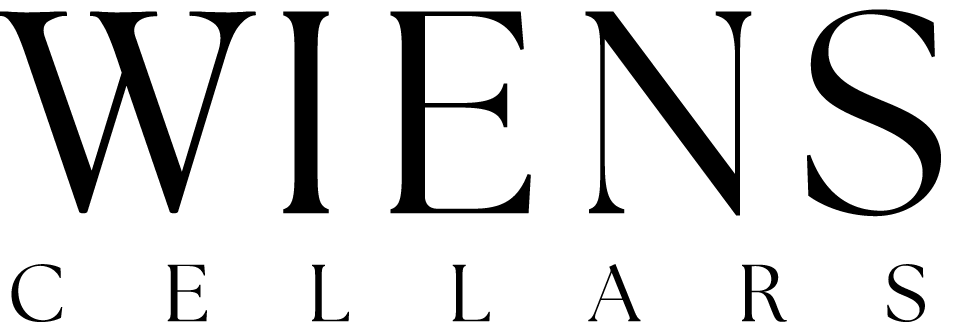OUR ASSISTANT WINEMAKER TAKES ON WINE MYTHS

First things first, I am not a doctor and cannot be quoted for medical advice. This is just one man’s take on how these popular conceptions relate to wine.
Throughout my years in the wine industry I have heard many different people making statements about how they cannot drink a certain wine because they have some sort of allergy. These have run the gamut from nut allergies, to various types of fruit allergies, and the “I don’t drink sweet wine because I have a sulfite allergy,” to various diet restrictions and myths. So, here are a few myths I would like to shed some light on.
Grapes are the only fruit we use to make wine. The descriptions you see on a wine label or on tasting notes are subjective descriptions of flavors and aromas. There are never any pineapples, coffee, or toasted nuts added to the wine. A winemaker will use these descriptors as a guide for you, the taster, to get a glimpse of what a particular wine is like. The flavors and aromas in the wine come from the grape variety itself, oak ageing, and winemaking practices such as fermenting at different temperatures to produce thiols or esters.
For those looking for a low carbohydrate wine and/or “Keto” wine: Most wines are relatively low-carb compared to other alcoholic beverages. Wine is typically fermented to relative dryness, so almost all the sugars have been converted to alcohol. If a wine is sweeter and has any residual sugar, then there will likely be more carbohydrates in the wine. *A note from Johnny Science: Take the residual sugar level in grams per liter (g/L) x 0.15 = grams of carbs per 150 ml serving.
“I only drink dry wines.” This is one of my favorites. Occasionally I will over hear someone talk about how he or she only drinks dry wine, and then rave on about a wine that has noticeable amount of RS (residual sugar). Wine is never 100% dry. Even a bold dry red wine can have 0.2% RS. A little bit of RS can balance an acidic wine or smooth out a tannic wine and make it more drinkable. RS in wine is not detectible under 0.8% to most people. Being masters of the dark arts, winemakers may use a touch of RS to balance a wine while the sweetness goes undetected. So thank you, Professor Snape.
And finally on to sulfite allergies. I often hear, “sulfites give me headaches, is this wine sulfite free?” Sulfites are a naturally occurring characteristic in fermented beverages, including wine, so no wine is completely sulfite free. By law, wines. with over 10ppm (parts per million) must state “contains sulfites” on the label, so even wines with no added sulfites may be labeled “contains sulfite.” Winemakers use sulfites because they slow chemical reactions that cause wine to go bad.
A wine that has a high pH and low acid will require more sulfite than a wine with a low pH and higher acid. White wines are typically in the range of 10-40ppm, and red wines are in a range of 40-75ppm. Typically, the younger a wine is the more likely it is to have a higher sulfite level. As wine ages the sulfite will dissipate. There are other products in our day to day life that contain sulfites at much higher levels. Orange juice may contain close to 300+ppm, and dried fruits can have upwards of 1700ppm. While a small percentage of the population has sulfite allergies or sensitivities, this may not be the
culprit behind your red wine headache. Histamines may actually be the cause. Foods that have been fermented or aged may have higher levels of histamines such as tofu, tempeh, champagne, red wine, ketchup, and aged meats. Histamines can cause inflammatory flushing and wakefulness at night. A good thing to remember is that you are drinking alcohol, and this can lead to dehydration and headaches, so drink plenty of water when imbibing. And if you do happen to have sulfite sensitivity, it might be worth trying a beautifully aged wine as opposed to a young one.
I hope this debunks a few things for my fellow wine enthusiasts and opens you up to trying a few new wines.
Brian Marquez, Assistant Winemaker
